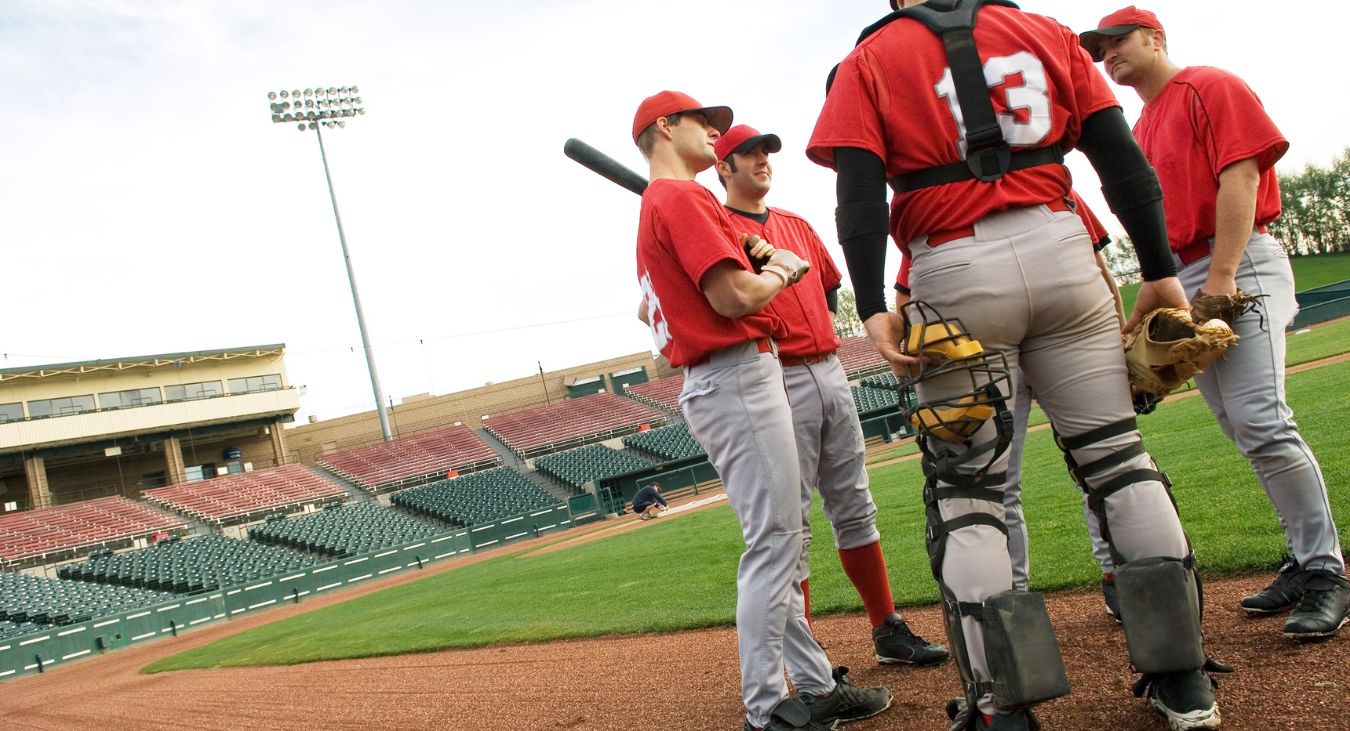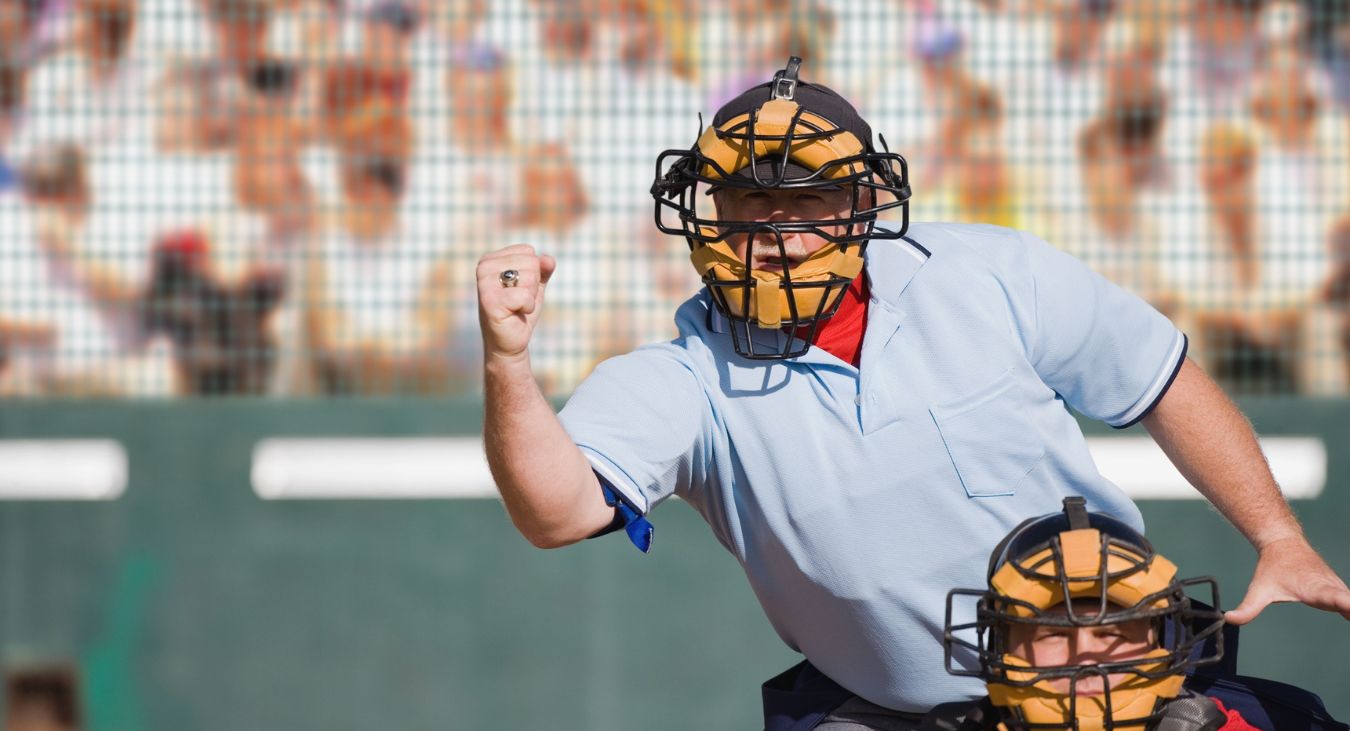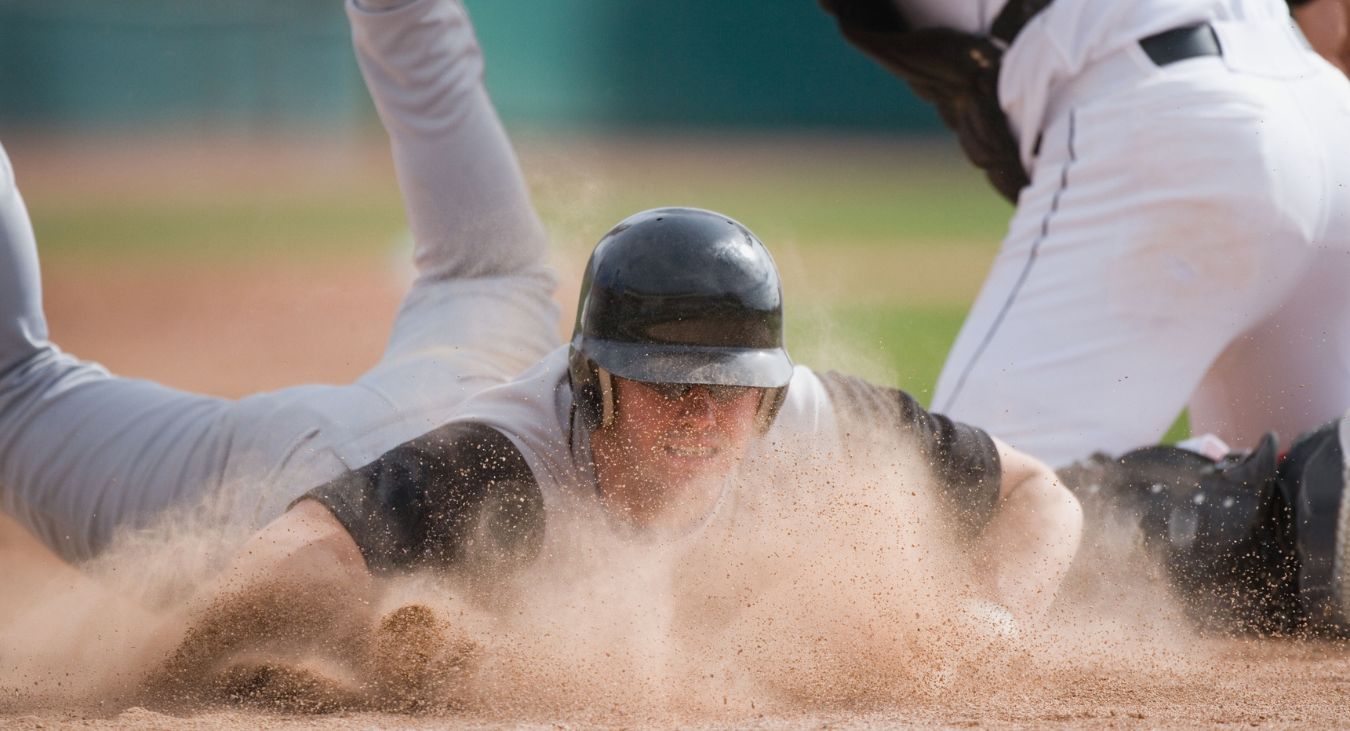Introduction — How Long Does a Softball Game Last?
If you’ve ever planned your day around a game, you’ve probably wondered, how long does a softball game last. Knowing the average softball game time matters if you’re playing, watching, coaching, or bringing kids to a weekend tournament.
In 2025, a standard 7-inning game in softball usually lasts about 1½ to 2 hours, or around 90 to 120 minutes. That estimate covers a normal, regulation game length with no major delays. But the true softball game length can change based on league or level of play, time limits in tournaments, the mercy rule in softball, weather and delay considerations (like rain or lightning), and even whether extra innings are needed to break a tie.
As a softball analyst who has covered youth leagues, high school competition, college tournaments, and WBSC international events, I’ve seen how game timing works in real conditions, not just on paper. This guide gives you a clear, experience-based answer so you’ll know exactly what to expect at the field.
The Typical Length of a Softball Game (Standard Game Time)
A normal softball matchup follows a standard 7-inning game. That 7-inning structure is what defines the typical softball game duration and the expected game duration for most organized leagues.
In a typical situation:
- The typical game time (90 to 120 minutes) is common for competitive fast-pitch.
- Each inning has a top half (the visiting team bats) and a bottom half (the home team bats).
- Every half-inning continues until there are three outs per inning.
Most games end within that 1½ to 2-hour window. However, in some youth or rec formats, there is a strict tournament softball time limit, such as “no new inning after 70 minutes,” to keep the schedule moving in multi-game tournaments.
Because softball is a fast-paced sport with compact scoring plays, shorter base paths and quicker defensive throws than baseball, innings usually move faster — which is why softball fits into about two hours instead of dragging to three.

How Many Innings Are in a Softball Game?
In most formats, innings in softball follow a clear standard: a regulation game length is seven innings. That’s what you’ll see in high school, college, and most adult leagues.
But there are exceptions:
- Youth leagues shorter games (6 innings) are common, especially for younger age groups.
- Some local leagues can end a game after five innings if the mercy rule in softball applies (for example, if one team is ahead by 10–15 runs).
- If the score is still tied after seven innings, extra innings softball tie breaker rules come in. In many travel-ball and college tournaments, the international tiebreaker rule in extra innings automatically places a runner on second base to speed up scoring and prevent games from running too long.
In timed formats, you’ll often hear: “No new inning after X minutes.” This means if the time cap (for example, 70 minutes) has passed, you do not begin another inning even if the game technically isn’t finished yet. This rule protects scheduling when fields are shared all day.
Softball Game Length by Level (Youth to College to Rec Leagues)
The answer to how long does a softball game last depends heavily on league or level of play. Here’s what you should expect in real games:
Level | Innings | Typical Duration | Notes |
| Youth Softball | 4–6 | 60–75 min | Time-limit based; learning pace. Games often stop by clock, not by innings. |
| High School Softball | 7 | ~90 min | High school softball pace is faster than baseball; mercy rule may apply. |
| College Softball | 7+ | 1.5–2 hr | College softball extra innings can extend total time past 2 hours. |
| Adult Slow-Pitch Softball / Rec | 6–7 | 60–75 minutes | Uses tournament or pool play time caps and strict “no new inning” policies. |
Key points:
- The youth softball game time is designed around player development and safety, not just competition.
- The high school softball game time tends to stay under two hours unless there’s a long scoring inning.
- The college tournament game time can run longer because high-level teams hit more, pitch strategically, and use more substitutions.
- The adult recreational slow-pitch softball game length is usually capped because parks run back-to-back games all night.
This is why parents are told: bring chairs, bring shade, and pack water, snacks for a 2+ hour outing — even if the “official” limit is 75 minutes. Real time on-site is always longer than field time.

Main Factors Affecting How Long a Softball Game Lasts
Even if the rulebook says “7 innings,” those 7 innings don’t always take the same amount of time. These are the biggest factors that control how long does a softball game last in real life:
- Number of innings actually played
- Youth leagues shorter games (6 innings) finish faster.
- Extra innings at higher levels will obviously extend total softball game length.
- Pitch count and substitutions
- Frequent pitching changes, defensive switches, coach conferences, and lineup adjustments all slow things down.
- This is especially common in college and elite travel ball, where strategy matters.
- Scoring pace and rhythm
- Long offensive innings with lots of base runners stretch the softball game duration.
- Slow, high-scoring innings in slow-pitch can eat the clock even if you’re technically still in the 3rd.
- Weather and delay considerations (rain, lightning)
- Bad weather can pause play, and in some cases leads to resumed suspended games later that day or another day.
- Darkness can also matter for fields without full lighting.
- Tournament softball time limit / tournament softball game clock caps
- A lot of weekend events use a rule like: “70-minute drop-dead, finish the batter.”
- These schedule management for tournaments rules exist because organizers stack games back-to-back on the same diamond.
In short: factors affecting game length are not just “how many innings.” It’s also how intense the inning is, how often coaches stop play, and whether nature cooperates.

Rules That Can Shorten or Extend a Game
Some rules directly change how long does a softball game last:
- Mercy rule in softball:
If one team leads by 10–15 runs after a certain inning, the game can end early. This protects player morale, avoids injury in blowouts, and speeds up events. - Extra innings / tie breaker:
When the game is tied after seven innings, you keep playing. In many leagues, the international tiebreaker rule in extra innings places a runner on second to force faster scoring and prevent endless innings. - Time limits in tournaments / pool play:
In travel ball, adult rec, and pool play, you’ll often hear, “This is a 65-minute game.” That’s a tournament or pool play time cap. The goal is consistency and fairness for all teams in the bracket. - “No new inning after X minutes”:
If the time cap is hit, no fresh inning starts. Teams must finish the current half-inning (the bottom half of the inning if the home team bats, or the top half of the inning if the visiting team bats).
These time-control rules are a huge reason softball tournaments can run 6+ games in a single day across shared diamonds.
Slow-Pitch vs Fast-Pitch: Which One Is Faster?
Fast-pitch and slow-pitch are not just styles — they’re different experiences, and they have different answers to how long does a softball game last.
Format | Average Duration | What It Feels Like |
| Fast-Pitch Softball | 1.5–2 hours | More strategic, defensive, controlled. Pitchers work hitters, coaches call plays. |
| Slow-Pitch Softball | 60–75 minutes | More contact, more balls in play. Offense-heavy. Quicker outs, faster turnover. |
Why slow-pitch is usually shorter:
- Fewer stoppages.
- More balls in play.
- Less coach-controlled defensive strategy.
- Leagues often run strict time caps because adult rec nights run game-after-game.
Why fast-pitch can run longer:
- Pitchers and catchers control pace.
- Defensive alignments are adjusted pitch-to-pitch.
- High-level play uses intentional walks, mound visits, and in-depth calls.
Both formats still follow the outs per inning structure (three outs ends the half), but the rhythm is different. Slow-pitch is built for fun and rotation. Fast-pitch is built for competition and detail.
International Softball Game Length (WBSC and Olympic Style)
At the global level, timing is managed tightly. The World Baseball Softball Confederation (WBSC) uses a standard 7-inning game, just like college. So internationally, when people ask how long does a softball game last, the official answer is still roughly 1½ to 2 hours.
However:
- International tournaments often run multiple games on shared fields, so clock management and “no new inning after X minutes” rules are common.
- The Olympic softball format uses formal tie-breaker rules to prevent games from dragging too long, especially in medal rounds.
- In some events, if weather halts play, the game may be paused and resumed (suspended game rules softball) instead of being restarted from scratch.
This keeps international play fair and watchable while protecting athletes from exhaustion in short, high-pressure tournaments.
Softball vs Baseball Game Time: Which Takes Longer?
Let’s compare softball vs baseball game time comparison so you can see the difference in total time commitment.
| Game Type | Innings | Typical Game Time |
| Softball | 7 | 1.5 to 2 hours |
| Baseball | 9 | 2.5 to 3 hours |
Why does baseball usually take longer?
- Baseball is a 9-inning format.
- Pitching tempo can be slower.
- More mound visits and replay checks at higher levels.
- Longer base paths mean defensive plays take more real time to develop.
Softball is built to be compact, fast-paced, and action-heavy. That’s why families often choose it: you can watch a full game without losing your entire afternoon.
This difference is a key part of the difference between softball & baseball game time.
How Players and Fans Should Prepare for Game Duration
If you’re going to the field, assume you’ll be there longer than the clock says. Even in a “75-minute game,” you still have warm-up, lineup discussion, and post-game.
Practical tips:
- Arrive 15–20 minutes early to warm up or get seating.
- Bring water, electrolyte drinks, and light snacks to stay fresh during a 2-hour outing.
- Bring sunscreen, sunglasses, and shade tents for day events.
- For parents in youth ball: pack chairs, cooling towels, and backups (bats, gloves, an extra jersey).
- In multi-game tournaments, plan meals. Some travel weekends run three or four games back-to-back with almost no real break.
This is more than comfort — it’s performance. Hydration and energy control how sharp a player is in the final inning.
FAQs About Softball Game Length (2025)
What’s the average length of a softball game?
In 2025, the typical softball game duration is about 1.5 to 2 hours. That’s the most direct answer to how long a softball game lasts in most real leagues.
How many minutes are in a softball game?
Most regulation games run 90 to 120 minutes, but tournament softball time limit rules can cap it sooner.
How long is a softball game in innings?
A normal regulation game length is seven innings, but some youth formats use six, and extra innings are added if there’s a tie.
How long is a youth softball game?
For younger divisions, the youth softball game time is usually 60–75 minutes or 4–6 innings, depending on league rules and safety guidelines.
Key Takeaways — How Long Does a Softball Game Last, Really?
- Most softball games finish in 1.5 to 2 hours.
- Youth leagues tend to be shorter; college softball extra innings and championship play can run longer.
- Adult slow-pitch is often capped by a clock to keep fields on schedule.
- Weather delay impact on softball game and time limits in tournaments are the two biggest real-world variables, not the rulebook alone.
In simple terms: if someone asks you “how long does a softball game last,” the honest 2025 answer is about 90 to 120 minutes — but the level, mercy rule, and tournament format can speed it up or stretch it past two hours.















